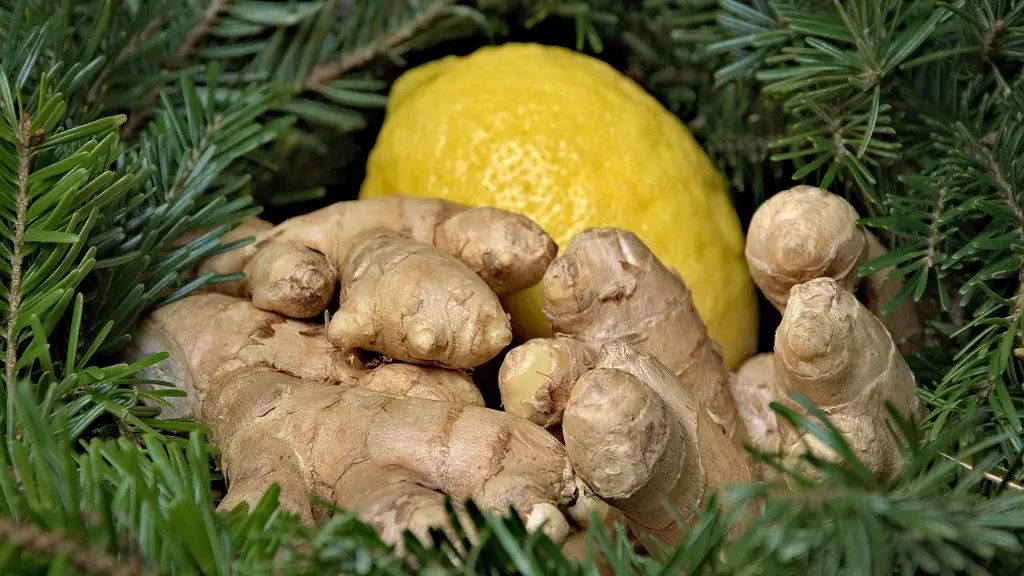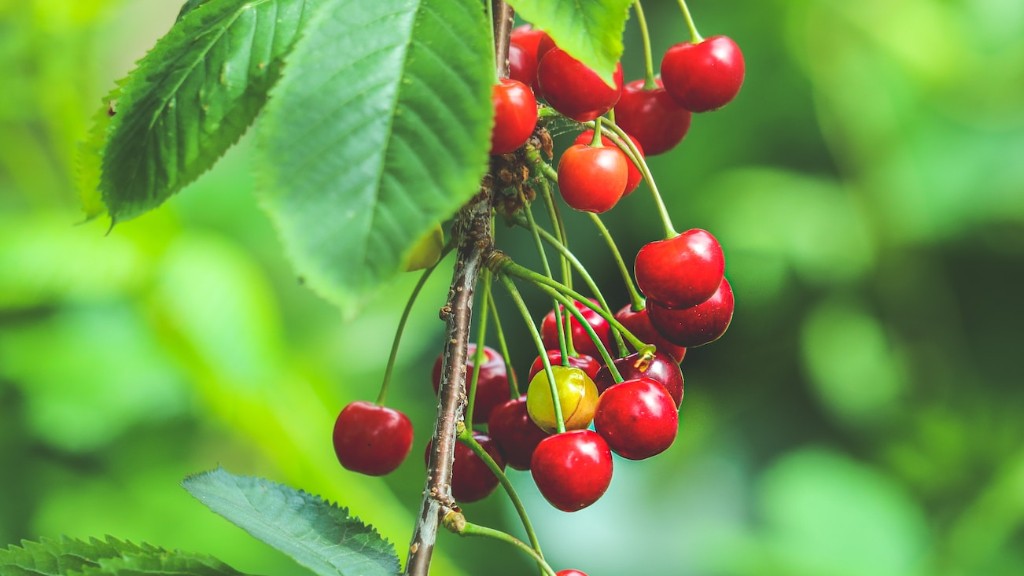When a lemon tree gives fruit, it’s a sign of a healthy tree. As a citrus tree, its branches will be laden with a yellowish-green fruit. The lemons feature a prominent bumpy surface and a tartly flavored juice. The tree’s broad green leaves will usually be arranged in a spiral shape. Underneath its protective covering of leaves, the plump, juicy fruits will hang. It takes approximately 6-8 months before lemons mature and ready for harvesting.
Trees need plenty of vital elements such as light, air, water and minerals to grow properly. Trees typically produce the most fruit in full sun conditions and require moderate water levels. The lemon tree will need plenty of nitrogen, phosphorus, and potassium for next season’s fruits. A range of soils will typically suffice, as long as it drains well. The trees need well-aerated soils, rich in humus and minerals, to ensure the roots have the sustenance they need to bear fruit.
When grown in the right conditions, Lemon trees can produce between 120 and 300 lemons per season. Although, more may be produced when grown in optimal conditions. The harvesting period usually starts around April/May and can last until October, as long as the tree is taken care of properly. As the fruit ripens over time, it is important to pick them at the right time. Over-ripe fruits do not store well and are best used straight away.
To pick the best lemons the rule is simple: look for the yellowish-green fruits that are firm yet slightly tender. Also, those with a slightly fragrant lemon scent are usually the sweetest, juiciest and most flavorful. Once picked, the lemon fruits can be stored in a cool, dry, and dark place for up to a week. Or if you’re looking for more, you can freeze whole or juiced lemons for up to three months.
Apart from its tart flavor, the lemon tree provides many health benefits. It is a rich source of Vitamin C, which helps to protect against many diseases. Lemons are also an excellent source of dietary fiber, with a medium lemon having 2.8g of fiber. Additionally, lemons can help fight bacteria, cleanse the body, promote healthy skin and even assist in weight loss. Lastly, lemons can aid digestion and respiratory health.
Lemon Cultivation and Care
Given that the lemon tree is adapted to the moderate temperatures, it is important to choose the most suitable climate for the tree. Ideally, a warm climate is the best choice for lemon cultivation. Outdoors temperatures averaging between 40 and 75 degrees Fahrenheit (4-24ºC) in winter and a consistently warm, summer climate is ideal. It is also important to plant the lemon tree in well-draining soil, in a sunny aspect, for optimum growth and fruit quality.
Caring for your lemon tree will ensure that it continues to grow long-term and give tasty fruit. During the fruiting period, lemon trees should be watered regularly to prevent over- or under-watering. Contrary to popular belief, you don’t need to provide especially acidic soil to keep lemons healthy. Pruning is usually unnecessary and usually isn’t recommended, but light pruning should be done if needed. Besides, you will need to fertilise your lemon trees every two to three weeks while they are bearing fruit. Proper mulching, pest treatment and adequate pruning will also help in keeping the lemon tree healthy.
Lemon Tree Major Pests
Since Lemons are prone to several pests, it is important that you regularly inspect your tree for any signs of an infestation. Various types of insects such as mites, aphids, and mealybugs can affect the health of your tree. Additionally, a variety of birds and rodents may eat the fruits of the tree. Thus, pest control measures such as cage netting and insecticides should be implemented regularly.
Harvesting and Storing Lemons
To pick ripe lemons, check the color and firmness of the fruit. A ripe lemon will be light yellow and slightly fragrant. For longer storage, lemons are usually washed, dried, and then sealed in plastic bags and stored in the refrigerator. The harvested fruits should be used within a few weeks of being picked since they can quickly spoil. Freezing lemons may also extend their shelf life but it is best to use them within a month.
Uses of Lemons
Lemons not only make a delicious addition to many dishes, but also boast a range of benefits and medicinal uses. Lemon juice is a common way to add flavour to water, tea, and other beverages. It can also be used in salad dressings, marinades, and desserts. Lemon rind can also be added to cooking for a milder citrus flavour. People also use lemon for various health remedies such as treating common colds and sore throats, improving digestion, and fighting bacteria.
Care for Indoor Lemon Trees
Indoor lemon trees need to have access to bright light and plenty of humidity. You should water the soil when it feels dry, avoid over-watering, and regularly check for pests. If your tree is in a pot, the container should be large enough that the root system can develop. Additionally, repot once the tree has outgrown its container or pot. Regular fertilising is also important to promote healthy growth. Lastly, you should watch out for tell-tale signs of stress, and if your tree begins to show signs of disease or infestation, treat it immediately.

